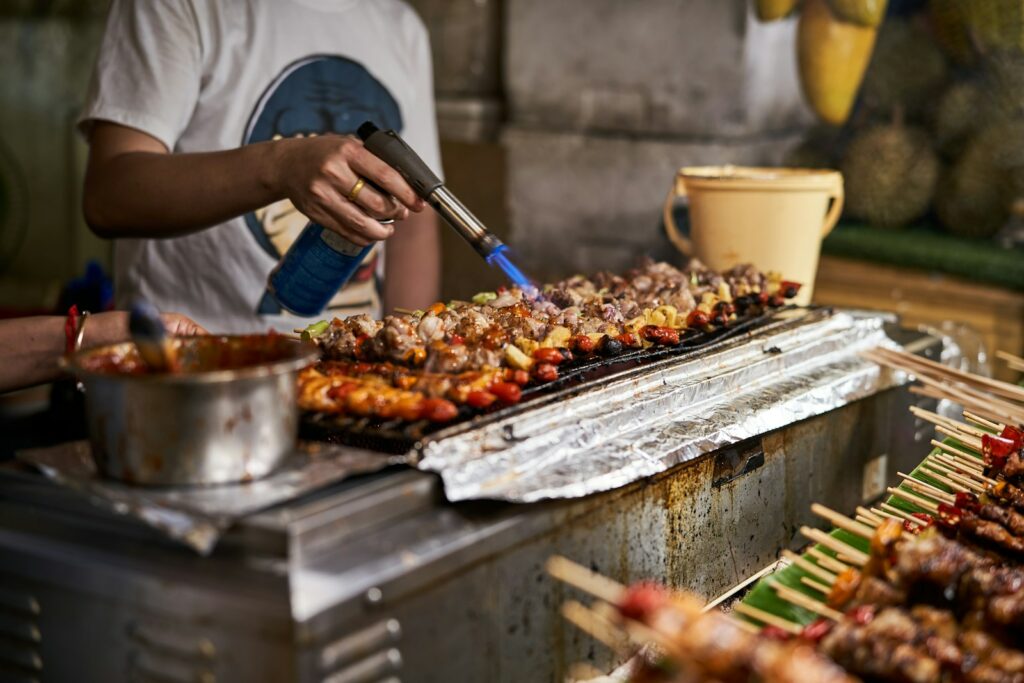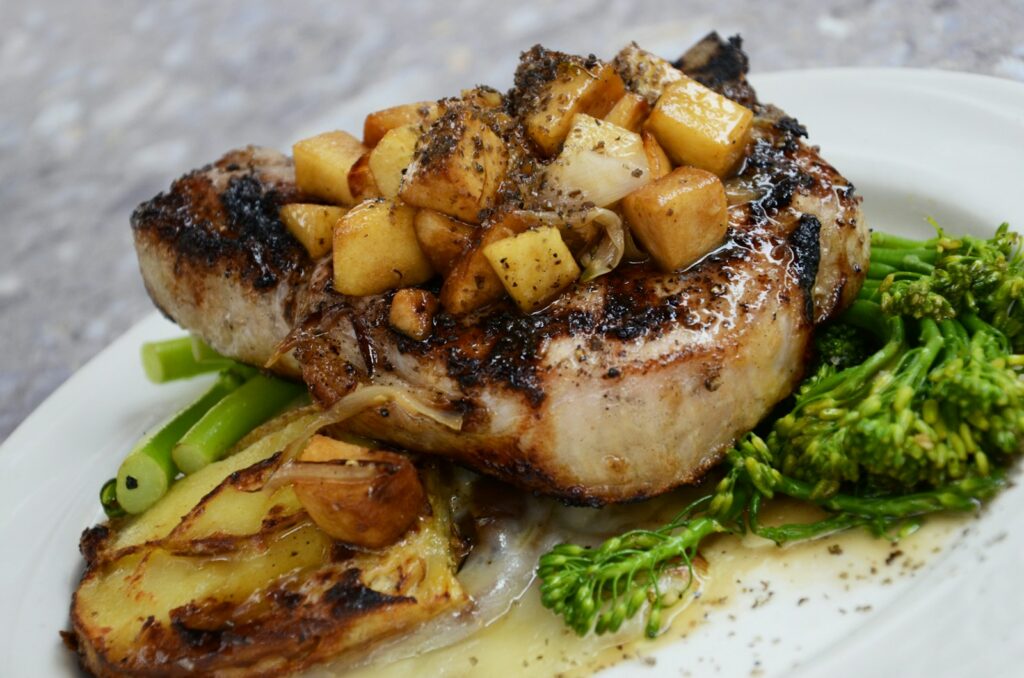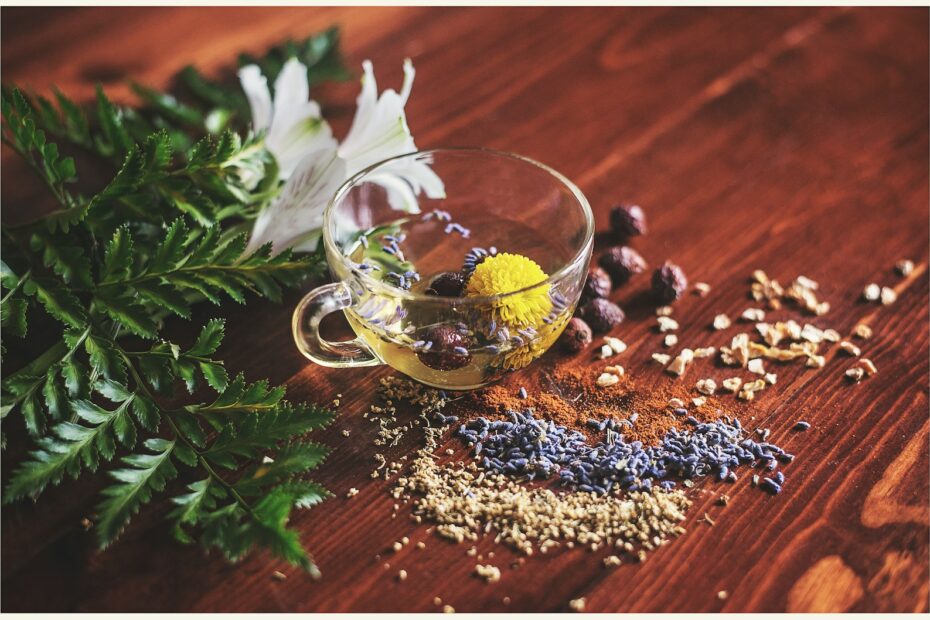Introduction
A huge variety of flavors is available to satisfy our taste buds, and the flavorists are busy working to produce the flavors we consume daily. One person is in charge of creating these sensations—the flavorist—from the sweetest vanilla used in your favorite scoop of ice cream to the intricate spice combination in your favorite chef’s unique cuisine. This guide explores the necessary skills, knowledge, and education for becoming a flavorist and strategies for starting the profession.
Understanding the Role of a Flavorist
What is a Flavorist?
Flavorist is the term chosen for this contribution as it addresses the next question in the list of research questions.
A flavorist or a flavor chemist is generally a person who synthesizes and also alters the flavors of different foods and drinks to be sold in the market. In this process, flavorists create new flavors, modify and stabilize the already utilized ones as well as maintain the homogeneity and quality of the product.
Key Responsibilities of a Flavorist
- Flavor Creation: Creating new tastes in a way that is suitable in relation to demand in the current world market.
- Quality Control: Paying attention to the issue of quality and standard of the different tastes produced.
- Research and Development: Unearthing the findings that would enhance the current formulation of flavors for development.
- Collaboration: Collaborating with the food science and technology experts, product designers, and brand managers.
- Regulatory Compliance: Assurance of compliance of the flavors with all the required safety standards and regulations.
Essential Skills and Qualities

Scientific Knowledge
Chemistry and biology background is crucial to have in order to understand the basics of this and any other related process. As a rule, to develop successful flavor compounds, one should have adequate knowledge of different compounds’ properties and the ways they influence the taste or smell profile.
Sensory Acuity
A good sense of taste and smell is essential. The extensor musculature of the skin of limbs gets highly developed. Flavorists need to have the ability to distinguish and give out details of flavors and aromas in products.
Creativity
To introduce new and juicy tastes, one needs to possess specific thinking. The tastes need to use their imagination and creativity to come up with novel concepts and concoctions that they have never tried before.
Attention to Detail
This a very important aspect of flavors since the odor is a precise thing and needs to be well administered. They are providing consistent and reproducible results because adequate mathematical measurements and proper documentation are implemented.
Communication Skills
Hence proper communication with the other members of the team and the clients is desirable. This means that flavorists need to learn how to write and speak about their ideas and findings in a short and clear manner.
Educational Path to Becoming a Flavorist
Step 1: Obtain a Relevant Degree
Many flavorists earned a Bachelor’s Degree in chemistry, food science, or any related course. These programs offer a science context and proper laboratory knowledge.
Step 2: Gain Practical Experience
Hands-on experience is invaluable. Pursuing internships or entry-level opportunities in flavor houses, food companies or any company that deals with the food and beverage industries may be helpful in giving him first-hand experience.
Step 3: Pursue Advanced Education
An advanced degree is not necessarily needed, though having a Master’s degree or Ph. D. in flavor chemistry, food science, or a similar field will help further your abilities and employability.
Step 4: Seek Specialized Training
To build further competency, there are additional training and certifications in flavor chemistry. Trade associations like the Society of Flavor Chemists have certification in flavoring, for the prospective flavorists.
Building a Career as a Flavorist

Entry-Level Positions
This is because beginning with low positions like flavor technician or a lab technician enables one to learn from other more experienced flavorists. These positions are related to the creation and the trial of the flavors.
Advancing in the Field
Employees who have some working experience and proven their skills can be promoted to the positions of a flavorist or senior flavorist, depending on their qualifications. As the sugar flower Press Officer and PR Assistant, you will assume more duties in managing and devising flavor projects.
Specializing in a Niche
It is also beneficial to focus on a single category like natural flavours, beverages, or savory products which makes the career path more specific.
Continuous Learning
Flavor science is the present advanced scientific endeavor. Continuing education in pursuit of current knowledge, annual conferences, and training are crucial to career advancement.
Conditions Within Which the Employee Functions and Industry(Type of Business)
Working Environment and Industry Opportunities
Flavor Houses
Some flavorists are employed in flavor houses, organizations whose primary purpose is the development as well as selling of flavors to the food manufacturing sector. These organizations provide an opportunity for a very active network on the social front with other like-minded organizations.
Food and Beverage Companies
Large manufacturers of foods and beverages commonly hire flavorists to create and improve their products. These roles can include working significantly with product development, as well as with marketing teams.
Research Institutions
Other areas of work include; flavorists may also be hired by various universities and research centers to conduct research as well as train. Such jobs are generally intended for the furthering of the science of flavor and the education of new-generation flavorists.
Freelance and Consulting
The senior flavorists might also consider employment as self-employed or independent contractors to different businesses. This can be more flexible and allow one to work on a variety of projects in other institutions.
FAQs
What is the difference between a flavorist and a food scientist?
The two professionals may well operate in the food industry, but a flavorist’s main focus is on creating and changing tastes whereas a food scientist may well concentrate on other matters such as safety, shelf-life, and nutritional content of the food products.
How long does it take to become a flavorist?
To become a flavorist a person should have a bachelor’s degree in a related subject and at least several years of experience. One can also go for higher studies and acquire special training to boost his or her qualifications.
Can flavorists work with natural ingredients?
Yes, many flavorists claim to only do natural flavors and this involves the use of extracts, essential oils, and or natural compounds. This niche is especially relevant when it comes to consumers’ increasing need for natural foods and products.
What is the job outlook for flavorists?
Flavorists employed in these establishments have job prospects that are fairly good due to the ever-increasing need for innovation in food and beverages. Thus, advances in the industry create new employment positions, including new plant-based foods and other health products.
What are some common challenges flavorists face?
Some problems that flavorists will encounter include, the combination and sweetening of food while meeting nutritive needs, honoring dairy legislation requirements as well and anticipating market trends. This is obviously true: because we necessarily need creativity and problem-solving skills to overcome these hurdles.
